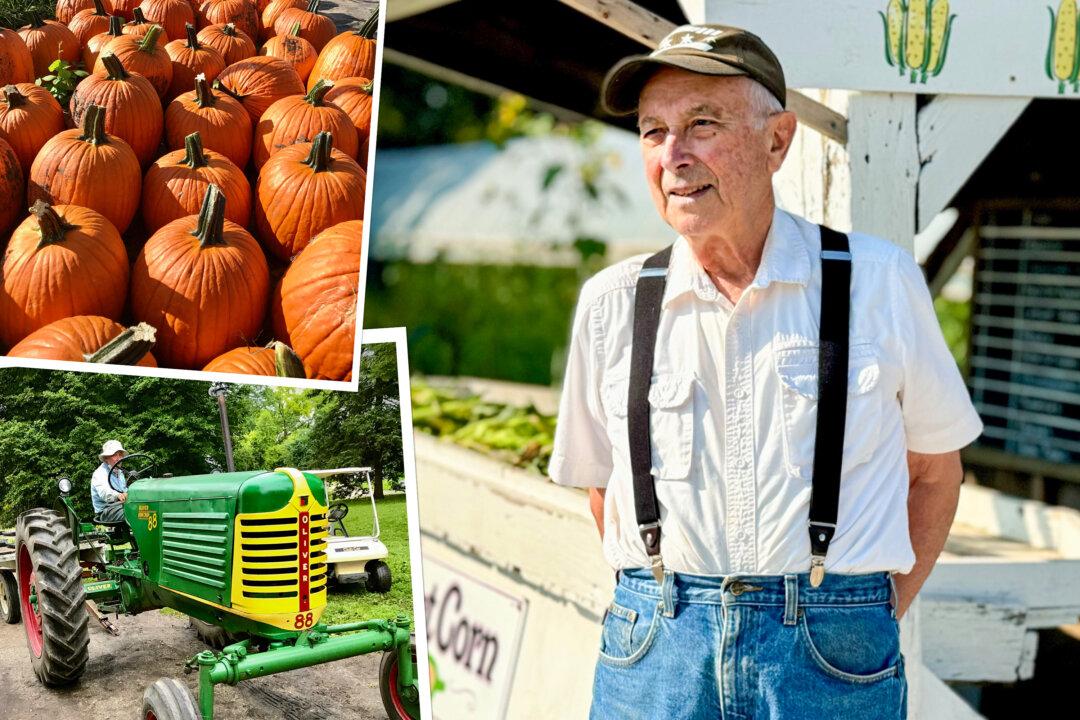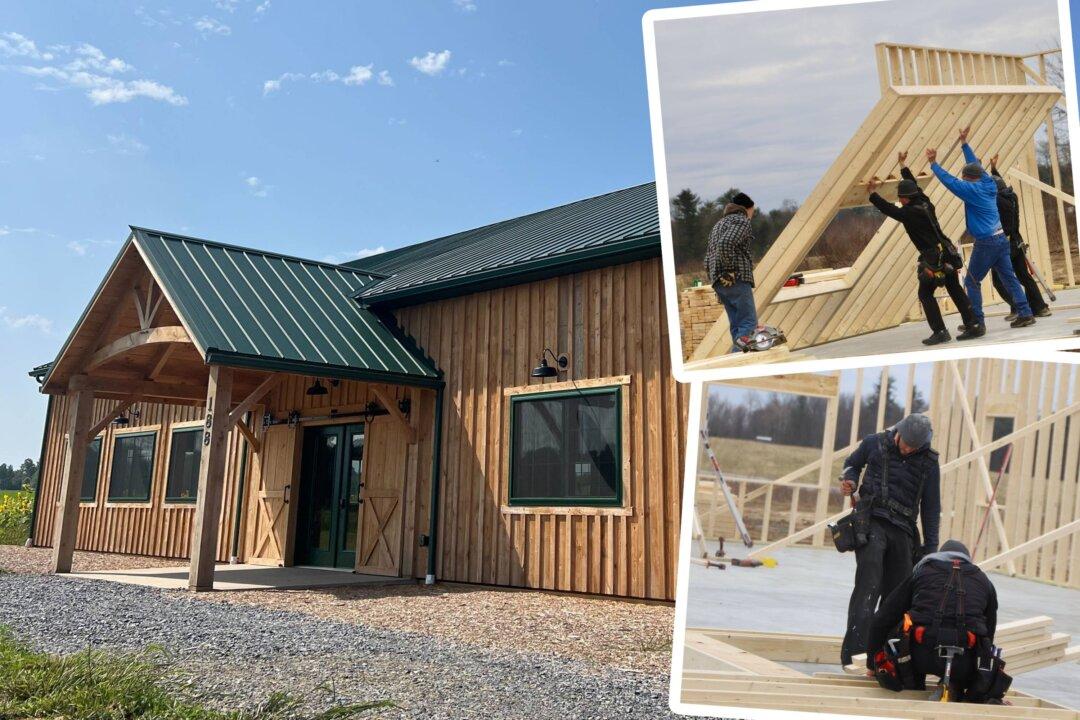Amid the hustle and bustle of the growing city of Naperville, Illinois, lies 14.5 acres of grass, earth, and dirt.
There vegetables grow, chickens cluck, and flowers sway in the breeze. Every morning, employees work the land, growing produce to serve their community. Mayneland Farm is a special place, but it wouldn’t be possible without its 81-year-old owner.






